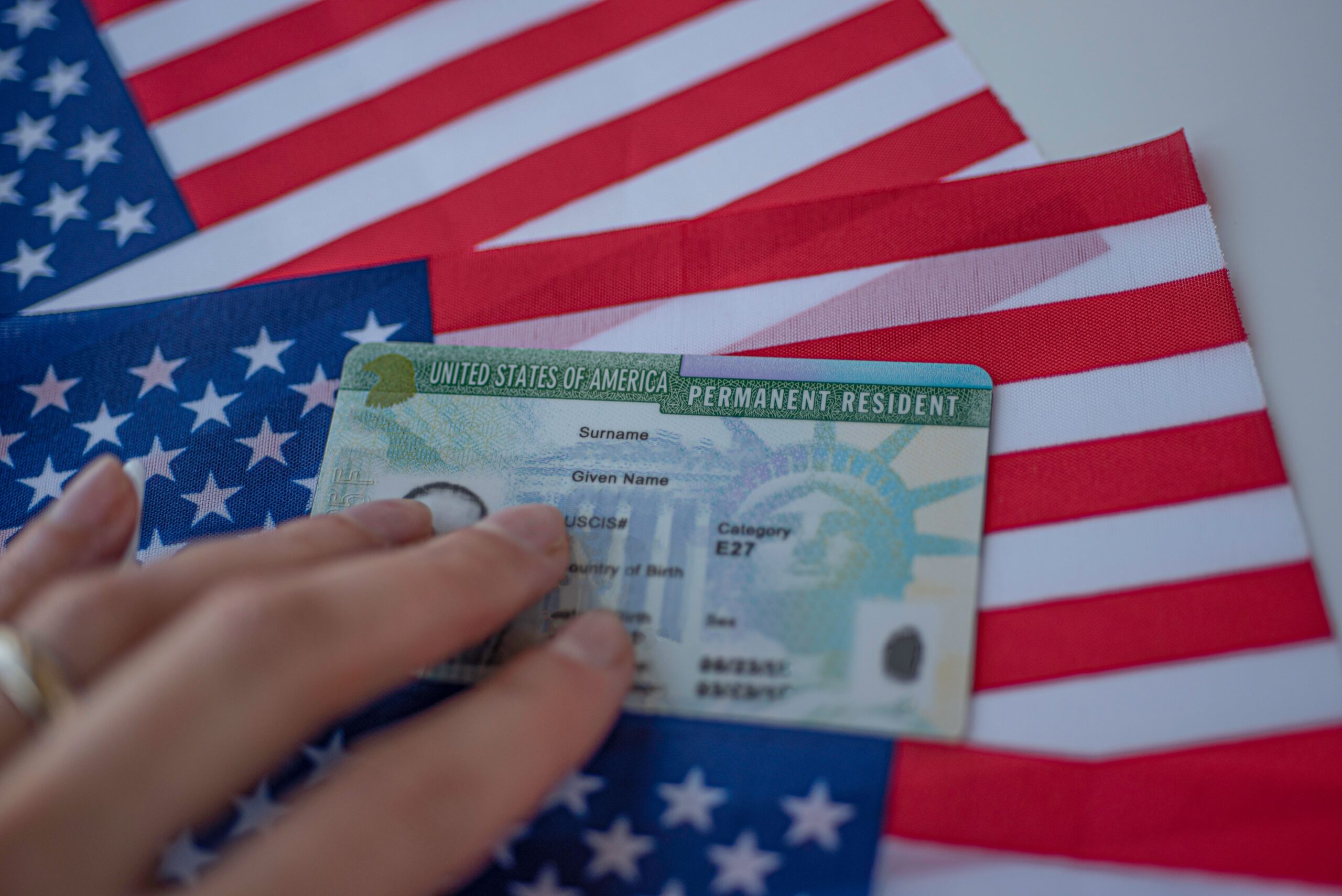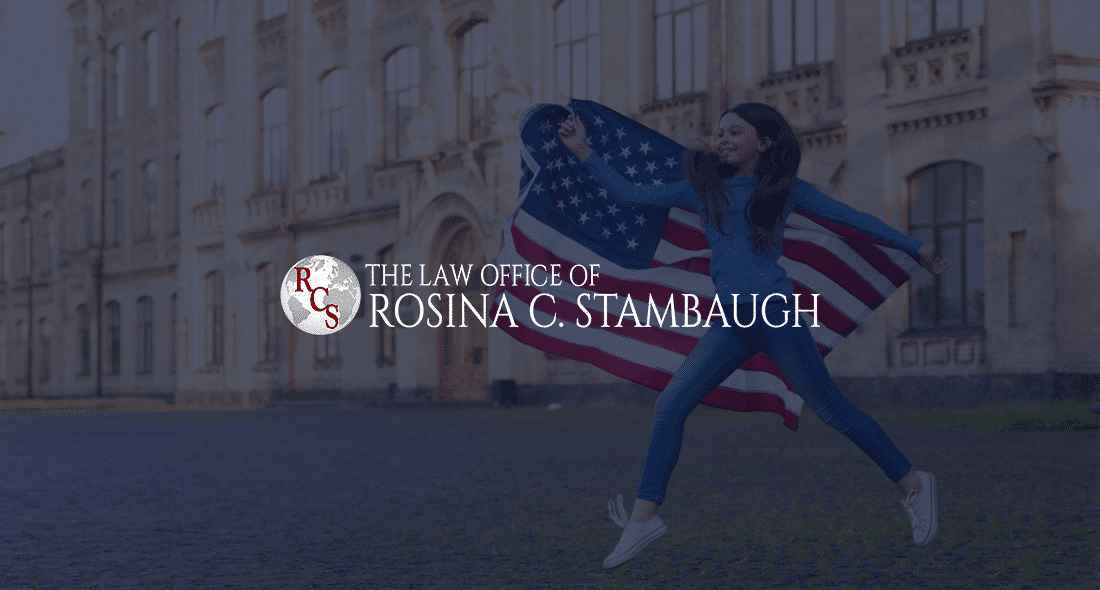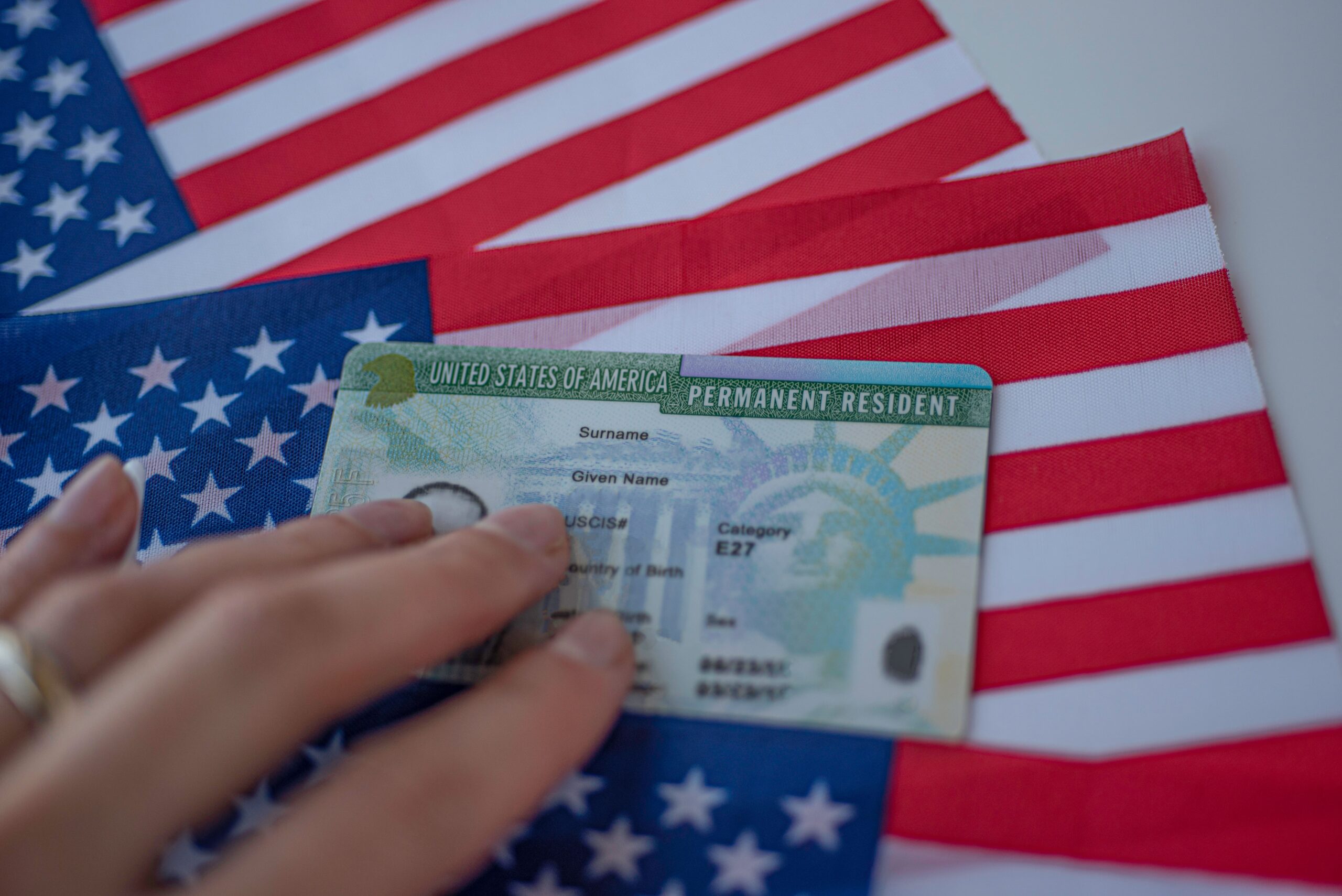Submitting Form N-400, Application for Naturalization, is a momentous occasion on an immigrant’s journey toward becoming a U.S. citizen. However, common mistakes when filing Form N-400 can lead to delays, denials, and issues that necessitate working through governmental red tape. Understanding the most common errors can help you avoid them, saving time, money, and stress.
At the Law Office of Rosina C. Stambaugh, we help individuals and families navigate U.S. immigration law, including the naturalization process. With years of personal and professional immigration experience, we can help you avoid and correct mistakes and achieve your naturalization goals. We understand the importance of your journey toward citizenship. We know you’ve overcome many obstacles to get this far, and we are dedicated to helping you achieve the permanent legal status you desire. Our team is committed to working tirelessly to provide the comprehensive, compassionate representation you deserve.
What Is Form N-400?
Lawful permanent residents (green card holders) can use Form N-400 to apply for U.S. citizenship. Along with the form, you will need to provide evidence that you are eligible for citizenship. After you submit the form, United States Citizenship and Immigration Services (USCIS) schedules you for a naturalization interview, where you complete English language and civics tests.
How Might USCIS Respond to Errors in Form N-400
When USCIS receives an application with mistakes or errors, it typically responds by:
- Issuing a request for evidence (RFE), which is a formal notice requesting additional documents or information;
- Rejecting your application without considering it; or
- Denying your application.
USCIS generally only issues refunds if it made a mistake. Therefore, you will likely lose the amount you paid for the application fee if the agency rejects or denies your application.
Common Mistakes When Filing Form N-400
When filing Form N-400, applicants sometimes make mistakes that can delay or even derail their path to citizenship. These mistakes may result from misunderstanding:
- Eligibility requirements,
- How to fill out the N-400 Form, or
- The specific information USCIS needs.
Mistakes also result from failing to pay close attention to deadlines.
Eligibility Requirements
Common errors related to eligibility requirements include:
- Applying before you have lived in the U.S. as an LPR for the required length of time;
- Overlooking or misunderstanding the good moral character requirement; and
- Failing to understand the English language and U.S. civics requirements.
Submitting your application without fully understanding how you qualify for citizenship can lead to a wide variety of issues. Failing to understand good moral character requirements can be particularly serious. When examining your character, USCIS considers your criminal history, previous tax issues or debts, and other legal issues like unpaid child support. If USCIS discovers enough of these issues, it can even initiate removal (deportation) proceedings.
Errors in Form N-400
Form N-400 requires careful attention to detail. Common mistakes include:
- Skipping sections, such as employment history, marital status, or travel outside the U.S.;
- Inaccurate personal information—such as listing an inaccurate name, date of birth, or Social Security number; and
- Failing to sign the application.
Forgetting to sign your Form N-400 is a surprisingly common mistake. Always double-check that each piece of information is accurate and that you sign the form before submission.
Providing Incomplete or Incorrect Information
When you apply for naturalization, you have to prove you are eligible for citizenship. One common error applicants make is failing to include the required supporting documents to prove their eligibility, such as:
- Copies of their green card,
- Birth certificates, or
- Marriage certificates.
Proving you have good moral character typically means disclosing even minor blips in your personal history. Common mistakes include:
- Failing to disclose minor arrests or convictions that were expunged or occurred many years ago;
- Omitting traffic violations or other seemingly minor offenses; and
- Providing incomplete or misleading information about past immigration violations.
If you have a history of criminal convictions or immigration violations and want to apply to naturalize, it is very wise to speak to a lawyer first.
Other common errors include submitting incorrect or incomplete filing fees and not providing English translations of all documents submitted in a foreign language.
Missing Important Deadlines
Timing is crucial when filing Form N-400. Common mistakes include missing deadlines for responding to RFEs or other USCIS requests and failing to attend required biometrics appointments.
Correcting Mistakes
If you realize you made a mistake on your Form N-400 after submitting it, your options depend on what the mistake was and whether USCIS has noticed it. For errors that are relatively simple to explain, you may contact USCIS to request a correction. When you do, USCIS will want your full name, A-number, and a detailed explanation of the mistake. You may also correct errors at your naturalization interview.
If USCIS sends you an RFE, you can correct errors in your response. In some cases, such as applications that include contradictory information, you may need to withdraw your application and resubmit a corrected version.
Frequently Asked Questions
What Happens If I Made a Mistake on My N-400 Application?
I made a mistake on my citizenship Application, how can I correct it? This question is more common than you might think. The first answer is to avoid this situation by using a lawyer well-versed on effectively filling out and submitting these applications. A seasoned lawyer can answer your questions while ensuring the form is properly filled out and submitted.
However, if you already submitted the form and realize you made a mistake, what you do next depends on the nature of the mistake and when it occurred. You can correct some errors by contacting USCIS or at your naturalization interview. Others may require more formal steps, such as submitting a written correction or withdrawing and refiling your application.
Can I Edit My N-400 After Submitting It?
Once you submit your form, you cannot edit it directly. However, you can notify USCIS of any corrections you need to make.
Your Path to Citizenship
This is an exciting time, and we know you are anxious to get your application approved. However, it’s important to take your time, use professional help, and ensure you get it right when submitting your application. As you likely already know, navigating the naturalization process can be challenging, and making mistakes on your Form N-400 can lead to frustrating delays or denials. The experienced team at the Law Office of Rosina C. Stambaugh can guide you through every step of this important process. If you are preparing to file your application for naturalization or need assistance correcting a mistake, contact us today.






